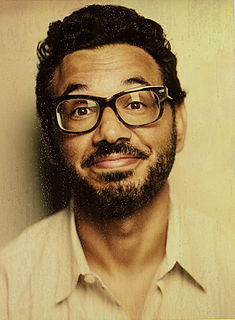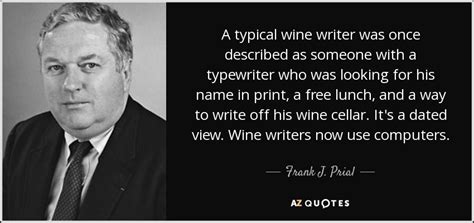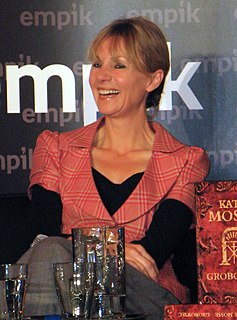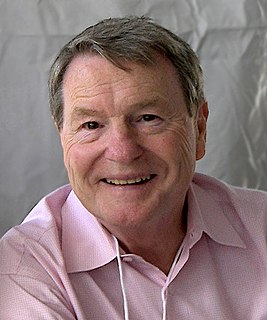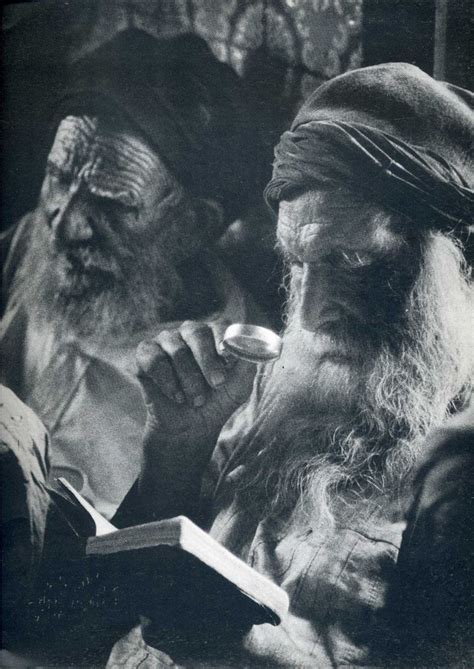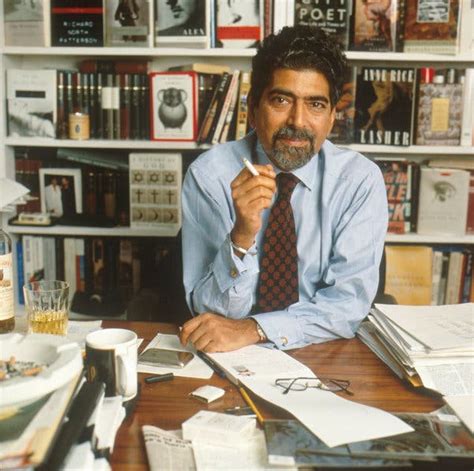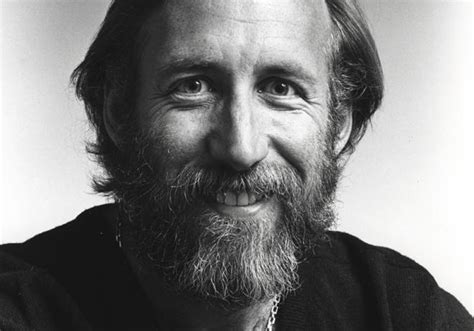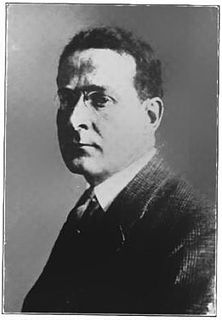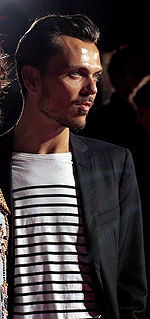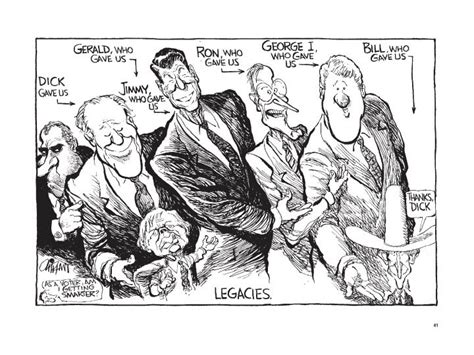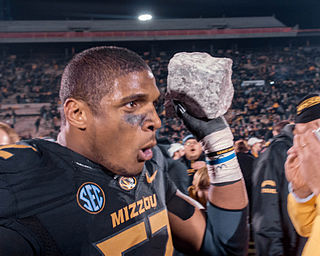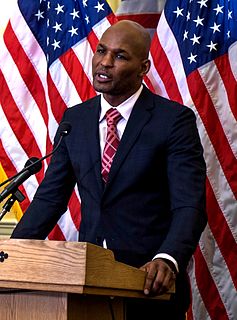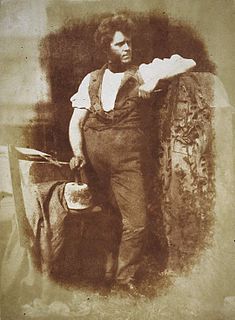Top 1142 Print Quotes & Sayings - Page 14
Explore popular Print quotes.
Last updated on April 22, 2025.
The subject I liked best was painting, but the teachers didn't approve of my experiments and sometimes criticized me in front of the whole class. Maybe my love for photography came from that humiliation: a photo is something that you develop and print yourself, in the dark, and that remains in the dark until you decide to show it.
In the media, traditional media like print, we had boundaries. You know, we had spaces that ads didn't leave. They stayed where they were on the page. They didn't float around over the text. And we're kind of lost on the internet. We don't have any barriers. We have a demand for growth that is insistent.
There’s only one difference between published and unpublished writers, and it is this -- the first group see their work in print on the shelves of Waterstone’s or Tesco or online at Amazon; the second group are yet to have physical evidence of the hours, weeks, years spent fashioning words into their patterns. You are already a writer.
To me, the print business model is so simple, where readers pay a dollar for all the content within, and that supports the enterprise. The web model is just so much more complicated, and involves this third party of advertisers, and all these other sources of revenue that are sort of provisional, but haven't been proven yet.
I started as a print reporter. I’m a journalist and that’s what I do. My function is an anchorperson, but it’s in a journalism context, and gravitas and coats and ties and haircuts and all that sort of stuff, I’ll leave to others. My thing is just to do my job the best way I know how and as I say I’m very fortunate to be able to do it the way I want to do it.
Everything you've ever read of mine is first-draft. This is one of the peculiarities of the comics field. By the time you're working on chapter three of your masterwork, chapter one is already in print. You can't go back and suddenly decide to make this character a woman, or have this one fall out of a window.
Psychedelics are not flashlights into the chaos of the Freudian unconscious, they are tools for mathematically unpacking your mind into a higher dimensional space. In the Newtonian and print created space that we are walking around in you, are like a self extracting archive, that hasn't self extracted itself yet.
But, in truth, the existing premises, wholly altered by geologic science, are no longer those of Hume. The footprint on the sand — to refer to his happy illustration — does not now stand alone. Instead of one, we see many footprints, each in turn in advance of the print behind it, and on a higher level.






